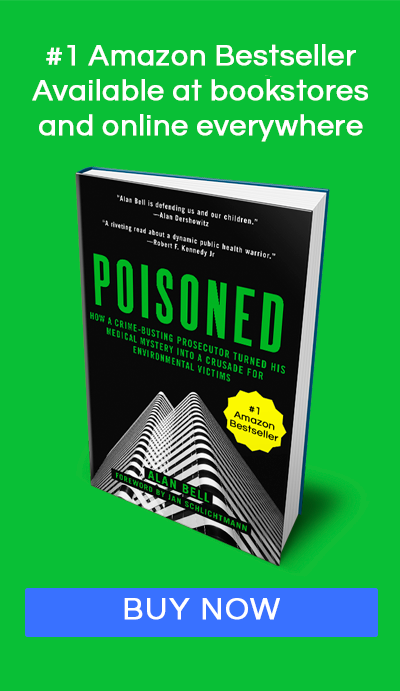Our species cannot adapt fast enough to survive the onslaught of chemicals pouring into our environment. Chemical poisoning is a risk we all face. We must face it now before it’s too late.
While I believe laws governing how and when companies bring chemicals to market should be changed, I’m not optimistic about that happening anytime soon. We can’t rely on our government to protect our health.
So, what’s the solution?
This week I posted an article on social media about SC Johnson’s ‘Groundbreaking’ Disclosure of Allergens. The company has committed to listing over 350 skin allergens on their website. They are being touted as an industry leader in transparency as they help consumers make more intelligent purchases.
Other companies choose to look the other way, rather than face the harmful consequences caused by their negligent actions.
The United States lags behind when it comes to reforming chemical regulations. The only existing US law regulating chemicals is the Toxic Substances Control Act (TSCA); this law was passed in 1976 and requires testing only those chemicals that pose “an unreasonable risk.” Even worse, at the time TSCA was passed, 62,000 chemicals were grandfathered-in because they were already on the market. Over 20,000 new chemicals have been introduced since then.
This is wrong. The burden of proof should be placed upon industry to show that the chemicals they’re manufacturing and using are safe for human consumption before being introduced into the marketplace.
Those who argue against chemical regulation claim such testing would be unduly expensive. They ask how companies could possibly make money, with that financial burden? If manufacturers had to pass that burden onto consumers, they say it would be horrible for business!
There is persistent lobbying against any sort of chemical regulation, and safety laws don’t get passed as a result. Meanwhile, humans around the world are paying the steepest price for this insanity.
Scientists realize it’s not financially feasible to subject every chemical to long, randomized control studies prior to being brought to market.
However, they often point to the Tox21—the Toxicology in the Twenty-First Century program—as offering a potential solution, at least in the short term, since Tox21 is laying the groundwork for accelerated, large-scale testing. Some of this testing includes screening industrial chemicals through simple cell-based studies—in short, chemicals that cause cells in a petri dish to show a toxic reaction would be subjected to further testing.
SC Johnson has taken on the financial responsibility of using their own scientists to determine the comprehensive lists of allergens, and the findings are validated by an expert panel that you can reference here.
Fisk Johnson, Chairman and CEO of SC Johnson, said: “We’re interested in helping people make the best choices for their families.”
While it’s most important that we learn to educate ourselves about how to best protect ourselves and our families, I’m encouraged that when companies bring chemicals to market some are taking the initiative to protect consumers as well.
See my other recent articles about Whole Foods and sunscreen.


